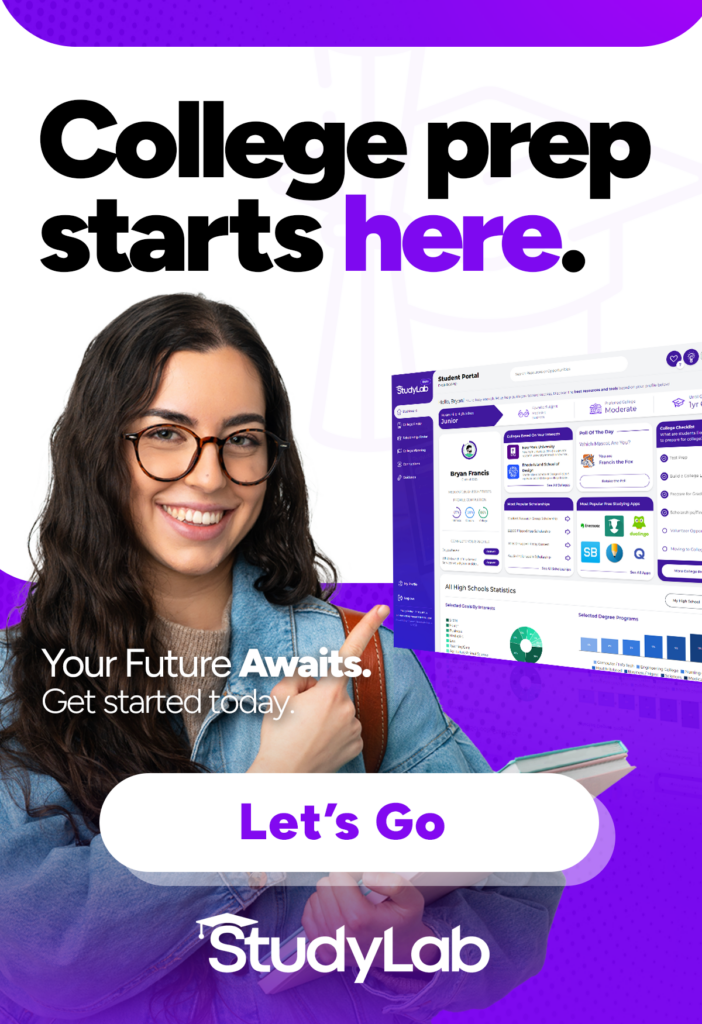Research conducted by the Student Research Foundation earlier this year found that many American high school students were already interested in pursuing careers in the health sciences. That was before Coronavirus reached our shores. But even then, our research found that . . .
- 63% of female students who were taking health and science classes said they had considered a health career
- 30% of male students who were taking health and science classes said they had considered a health career too
Although we cannot yet back up this opinion with research findings, we believe that in the wake of the Coronavirus, even more American high school students are now considering careers in health, in fields that include patient care, epidemiology, pharmaceutical research, medicine, nursing, and other fields.
We expect that more students are thinking about preparing for those fields today, for some very compelling reasons:
- There has never been a time when disease prevention has consistently been the top news story night after night, and week after week
- People have discovered epidemiology and disease prevention, many for the first time
- Students have either become ill or known people who have
- Statistical and data analytics have become tools that even lay people are accessing to better understand the dimensions of the pandemic, as well as the likelihood that they and their loved ones will become ill
- Medical analytics no longer exist in a vacuum but are playing a critical role in politics, travel, hospitality industries, educational planning, and other fields
In addition, certain current trends may also be causing more students to discover and consider majoring in medical/health fields in college, and to consider pursuing medical careers, for reasons that can include the realization that . . .
- Pandemics and other health challenges can create a need to quickly develop and disseminate vaccines, medicines, and medical equipment
- International borders and international competition can cause challenges in containing diseases
- The ability to develop and distribute medicines and vaccines is limited (or enhanced) by a variety of laws
- Telemedicine and other models of distributed care will probably move into the forefront and replace more traditional forms of medical care
- Predictive diagnostics (a subset of AI) can be used to anticipate the spread of disease to new populations
- In order to protect their own populations, more countries could be undertaking more medical and pharmaceutical research within their own borders in a kind of new secularism
What Will Happen in Your Classroom?
As you go back to school, or as your students do, talk will naturally turn to what took place during the Coronavirus pandemic. Students will be eager to share their experiences, discuss what they learned, and think about what they can do to create a healthier world.
Is it unfortunate that our countries ever had to confront the pandemic? Is it awful that certain of our neighbors became ill, lost their jobs, and even died? Of course, all those things are devastating. Yet if the pandemic increases awareness of ways in which today’s students will contribute to creating a healthier world, perhaps some good will come from it.
To Learn More about College and Career Options
We invite you to explore career options by participating in our career and college research studies. Students who complete the free career test for high school students will receive information on college and career opportunities matched to their interests.
Related Posts
Career Discovery: Media and Reporting
College Admission Trends for Year 2020
Helping Students Choose a Major
Is It the Right Time for Students to Major in Wind and Solar Power?

